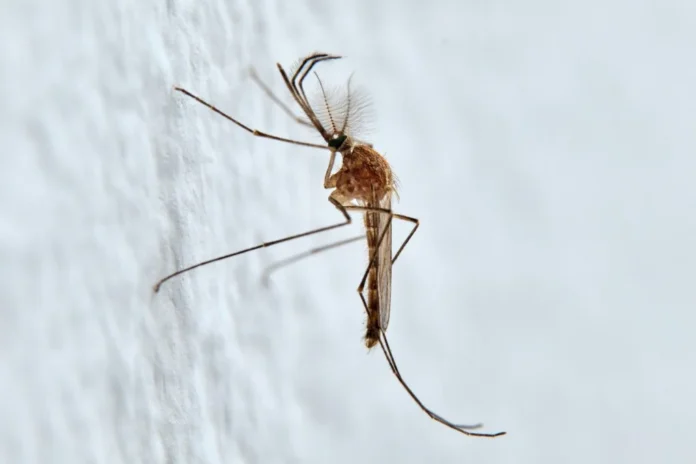For the first time on record, mosquitoes have been found in Iceland, a sign that even the country’s famously harsh climate is no longer a barrier to the world’s most persistent insect.
The discovery was made by insect enthusiast Björn Hjaltason, who spotted what he described as a “strange fly” in his garden in Kjós on 16 October. After collecting the specimen, Hjaltason identified it as a female mosquito and shared his findings in a local Facebook group.
Entomologists from the Natural Science Institute of Iceland later confirmed that three mosquitoes, two females and one male, had been trapped using red wine ropes typically used to attract moths. The species, Culiseta annulata, is a cold-tolerant mosquito commonly found in northern Europe and parts of North America.
Until now, Iceland and Antarctica were the only regions on Earth without mosquitoes. The island’s low temperatures and lack of stagnant water had long kept the insects at bay. But warming conditions appear to be changing that.
According to World Weather Attribution, Iceland is heating up four times faster than the average rate across the northern hemisphere, driven by a steady flow of warm air from the south. The shift has made the environment more suitable for insects that thrive in warmer, wetter conditions.
Experts warn that this expansion of mosquito territory is part of a wider global trend linked to climate change. Warmer weather accelerates mosquito breeding, extends their lifespan, and increases the spread of diseases such as malaria and dengue.
Ryan Carney, a biologist at the University of South Florida, called the finding a “perfect storm” for mosquito-borne diseases. “Higher temperatures generally make everything worse,” he said.
Scientists have praised Hjaltason’s discovery as a valuable act of citizen science in tracking ecological change.



















